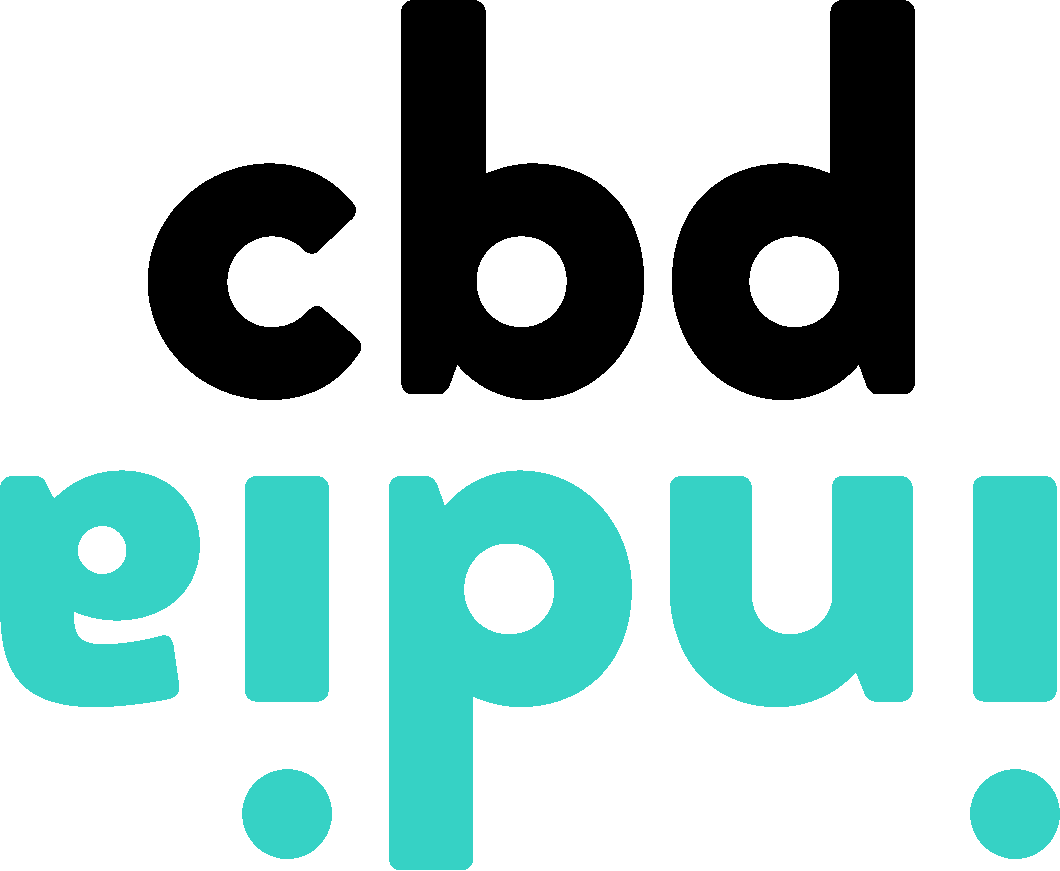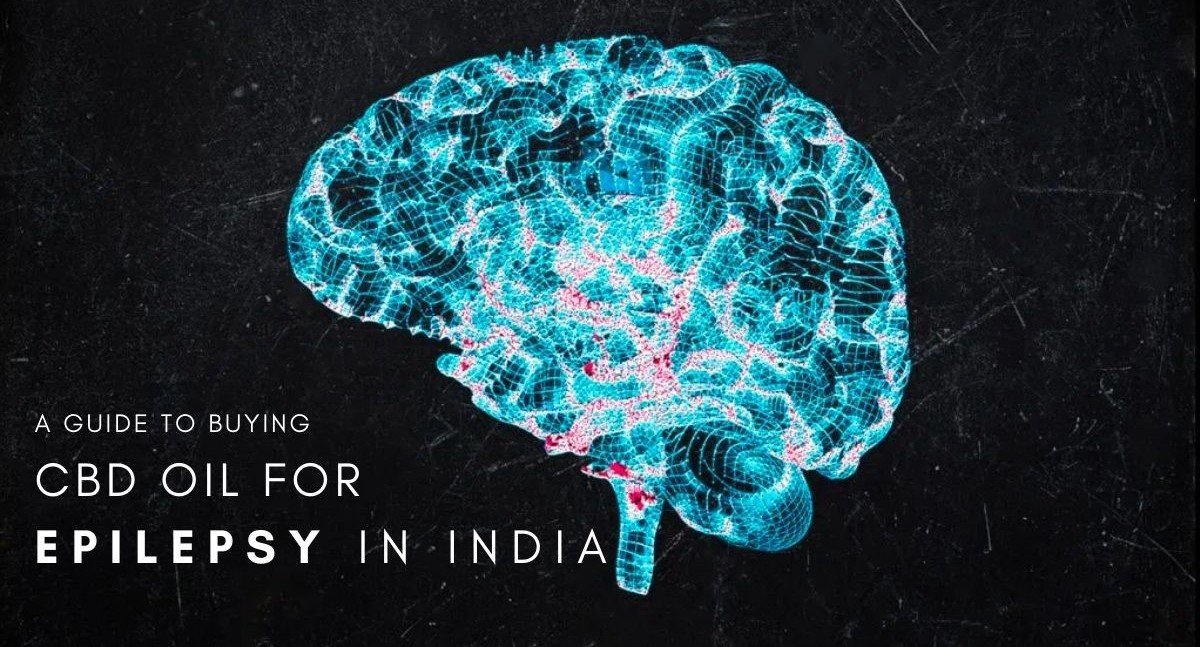What is the use of CBD oil in epilepsy? An entirely plant-based treatment for controlling and lowering epileptic seizures is CBD oil. Despite coming from the cannabis plant, it has no psychoactive properties. The anti-epileptic effects of CBD reduce epileptic seizures.
This article explains how CBD oil treats epilepsy and then provides information on where to acquire CBD oil for epilepsy in India.
Outline
Epilepsy: What is it?
Epilepsy Symptoms
seizures that are focal (partial)
> Purchase CBD Oil to Treat Focal Seizures
– Generalized Seizures
Purchase CBD oil to treat generalised seizures
What causes an epileptic seizure to occur?
Why does epilepsy occur?
How does CBD work to treat epilepsy?
Indian CBD Oil for Epilepsy: Types
How is CBD oil used to treat epilepsy?
Epilepsy: What is it?
Epilepsy is a neurological condition in which aberrant brain activity results in seizures or episodes of strange behaviour, feelings, and/or loss of awareness.
There are two basic types of seizures that are caused by the chronic condition epilepsy.
Generalized seizures: epileptic episodes that involve the entire brain.
Seizures that only affect a small portion of the brain are called focal or partial seizures.
Epilepsy Symptoms
Seizures are the main signs and symptoms of epilepsy.
A seizure is characterised by an abrupt spike in brain activity.
(Partial) Focal Seizures
Only one part of the brain experiences aberrant activity during partial seizures. There are two types of these seizures:
Simple Partial Seizures: These seizures don’t cause unconsciousness. Dizziness, changes in taste, smell, sight, hearing, or touch, as well as tingling and twitching in the limbs, are common symptoms of focal seizures. One body part, like an arm or leg, may jerk involuntarily during this seizure.
Complex partial seizures: those that cause a loss of awareness or consciousness. It could feel like you’re dreaming during this kind of seizure. Staring off into nothingness, making repeated motions, and being unresponsive are typical signs.
All-over Seizures
seizures that affect the entire brain. Generalized seizures come in six different forms.
Children are most often affected by absence seizures, which are characterised by prolonged staring into space and modest body movements (e.g., eye blinking or lip smacking). As many as 100 absence seizures per day can last 5 to 10 seconds and occurs in clusters. These may briefly render you unconscious.
Muscle rigidity and potential effects on consciousness are caused by tonic seizures. The muscles in the back, arms, and legs are frequently affected by tonic seizures, which can result in a person falling to the ground.
Atonic seizures, commonly referred to as drop seizures, result in a loss of control over the muscles. These convulsions frequently lead a person to suddenly collapse or fall down. They primarily affect the legs.
Clonic seizures are characterised by jerking muscle movements that occur repeatedly or rhythmically. These typically affect the arms, face, and neck.
During myoclonic seizures, the arms and legs jerk quickly and on their own.
The most severe form of epileptic seizures is tonic-clonic. They can cause the body to stiffen, jerk, or shake, as well as a rapid loss of consciousness. It’s possible for tonic-clonic seizures to cause tongue-biting or loss of bladder control.
Why do epileptic seizures occur?
The following are some of the most frequently mentioned causes of epileptic seizures:
sleep deprivation
Stress
disease or fever
Bright or flashing patterns or lights
caffeine, alcohol, narcotics, or medications
eating too much or too little, or certain food additives.
Why does epilepsy occur?
Medical experts have not been able to determine the underlying cause of epilepsy in roughly half of the patients. The condition in the other half of the patients can be attributed to a number of things, such as:
Genetics: Some genes may increase a person’s susceptibility to the environmental factors that cause seizures.
Head trauma: A traumatic head injury might result in epilepsy.
Epilepsy can also be brought on by illnesses like HIV, meningitis, viral encephalitis, and various parasite infections.
Brain anomalies: Brain tumours or vascular abnormalities can lead to epilepsy.
Epilepsy is frequently a complication of developmental disorders like autism.
Injury sustained during pregnancy: Epilepsy may also be brought on by prenatal brain damage brought on by infections in the mother, inadequate nutrition, or oxygen deprivation.
How does CBD work to treat epilepsy?
After the FDA authorised the oral CBD-based medication Epidiolex for the treatment of seizures in patients with Lennox-Gastaut syndrome and Dravet syndrome, the use of CBD oil for treating epilepsy became more widely accepted in 2018.
Since that time, CBD oil has gained popularity as a naturopathic treatment for a variety of illnesses, including epilepsy and seizure disorders.
The cannabis plant contains the naturally occurring chemical component CBD. It has numerous health advantages for people and is not intoxicating.
According to studies, CBD oil can reduce the frequency and severity of seizures by triggering the CB1 receptors, which are mostly found in the central nervous system. Studies show that CBD can help protect the brain cells against damage or from being overexcited, despite the fact that researchers are unsure of the precise mechanism by which CBD impacts seizures.
According to certain data, CBD may improve the effectiveness of antiepileptic medications.
The most current study, which was released in July 2021 in the journal Epilepsy and Behaviour, emphasises the effectiveness of CBD in the treatment of epilepsy. The usage of artisanal CBD was compared to outcomes related to epilepsy, mental health, and quality of life in a sizable observational cohort of epilepsy sufferers.
India’s several CBD oil formulations for epilepsy
India offers three different varieties of CBD oil for epilepsy.
These are distinguished based on how an extract was processed and whether or not other chemical constituents, including CBD, are present in the oil.
Each CBD extract has unique advantages and disadvantages that provide a unique experience.
Comprehensive CBD Oil
Full-spectrum CBD extracts, which contain all the naturally occurring chemical components in cannabis, are the least processed and most potent of the three.
That is to say, in addition to other cannabinoids (such THC), terpenes, flavonoids, etc., it also contains CBD.
The therapeutic effects of each chemical ingredient, including those of THC, work synergistically in full-spectrum CBD oil to offer a complete sense of relief.
THC can have a mild to moderately intoxicating effect.
Purified CBD Oil
Only and only CBD is present in isolate CBD oils. These are the CBD in its purest form. Here, the extract is treated to remove any remaining traces of other chemical substances that exist in nature, such as terpenes, flavonoids, and cannabinoids other than CBD.
The safest form of CBD consumption, particularly for novices, is CBD isolate. The medicinal advantages of CBD might be felt separately in these kinds of CBD extracts.
CBD isolates often have no taste or odour. However, some goods could include extra flavouring or taste. Since CBD isolates don’t include THC, they provide a non-intoxicating effect.
CBD isolates are less potent than the other two extract forms and may not be as useful in treating severe epileptic seizures.
Broad-spectrum CBD Oil
Broad-spectrum CBD oil for Epilepsy contains CBD in addition to other cannabinoids, terpenes, and flavonoids, except for THC.
In broad-spectrum CBD oils, the extract is processed to eliminate THC, the high-causing compound, keeping all the other naturally-occurring compounds intact.
The idea behind this process is to increase the potency of CBD oil while eliminating the risk of intoxication at the same time.
In the case of broad-spectrum CBD oils, the medicinal benefits of each individual cannabinoid, terpene, flavonoid, etc. combine with each other and give a more wholesome benefit to the body.
Broad-spectrum extracts do not contain THC and are therefore, non-intoxicating in nature.

